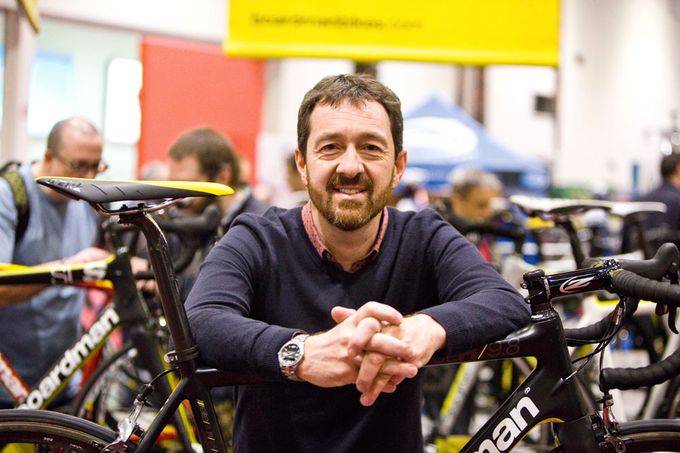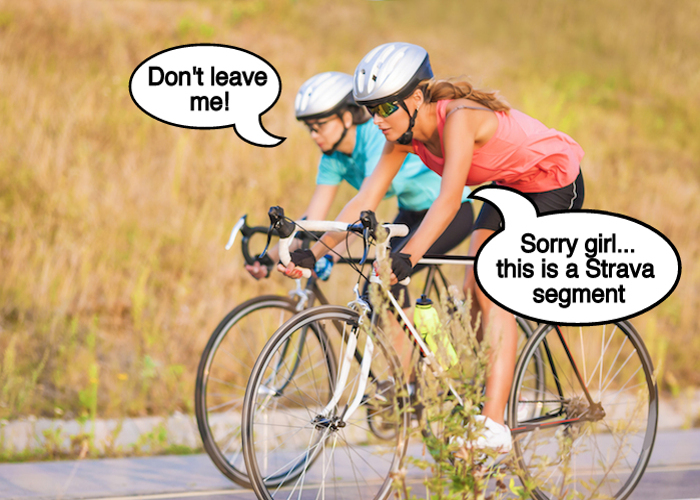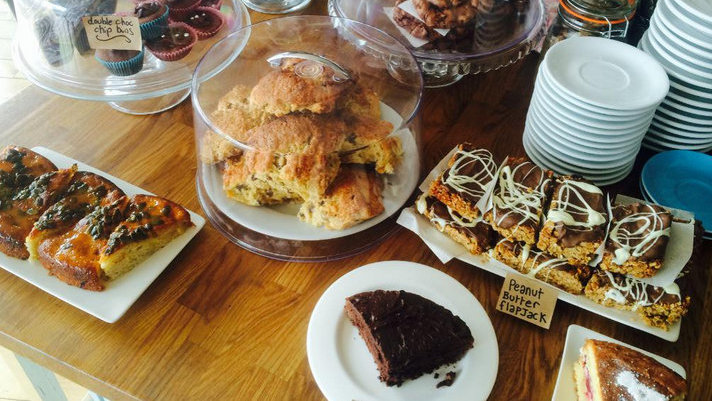
We recently caught up with Chris Boardman, Olympic champion, ambassador for the Women’s Tour and one of the most vocal advocates for cycling in the UK, to find out his views on gender inequality in cycling and what he thinks the solution should be…
With the Aviva Women’s Tour just around the corner, how important do you think the race is for women’s cycling?
Women’s sport in particular is becoming really popular at the moment and rightly so, but it needs big events like this to keep it prominent.
The race gives the riders a platform of visibility which means they can attract sponsorship and dedicate more time to it. This means that the races are better and therefore people will want to televise it.
It’s a very vicious circle and somebody has got to break it and invest in it properly for it to get even bigger.
We see you in the news a lot encouraging people to participate in cycling, but looking at women, what do you think needs to be done to bridge the gap in numbers between men and women on the road?
I think there’s a deep issue in the country in that women in particular are a minority, not because of gender, but because they are more cautious of safety. Surveys prove that they are more intimidated by the road than men.
I’ve just been in Denmark at a cycling conference, over there 54% of cyclists are women and 50% of children ride to school. These positive numbers only happen if there is the space and right infrastructure in place for for them do it. This is in my opinion what would attract more women to the sport.
Do you think the gap in professional cycling is narrowing between men and women and the opportunities they get when they are pro?
I think it’s still a really big gap. I would like to see us get to the point where prize money is equal because there’s no logical reason why it shouldn’t be. At the moment the pay is still attached to gender as small women’s cycling events don’t get much sponsorship, therefore there’s little money for prizes.
With the Olympic road race in 2012, the women’s one was much more spectacular than the men’s race. It was fantastic to watch and gender was irrelevant. So it can happen, but we just need more events like the Women’s Tour to make women’s cycling more visible to make this change.
The Women’s Tour is one of the only televised women’s races, do you think this will set an example for the future? And do you think equal coverage will ever happen?
It has already set a perfect example for the future of women’s cycling, I don’t see a reason why equal coverage is never going to happen. It’s just a culture change we’re all relying on which is always two things- slow and painful. So we could be talking about a ten year time scale before things have finally become equal.
What are the most important things that you think could change the inequality between gender in cycling?
Your starting point is where we are now compared to 100 years ago when women couldn’t even vote. Because we’ve come from that kind of background it just takes time. The fact that traditionally the calendar is filled up with men’s races is a strong reflection of that.
So to get equal races televised it’s just a long process and you have to give people a good reason to do it. At some point in the chain, somebody has got to have the courage to say that they will do it differently. People will then sponsor the events and television companies will broadcast them.
The first small change is having women’s races at events like the Tour de France, where last year the women raced La Course on the last day of the event. And then for this year you could have them riding a two day race, gradually working to bridge that gap closer together. There’s absolutely no good reason why men’s and women’s race distances are different at all.
There’s a strong argument in the media that men’s cycling is more exciting than women’s, do you have a comment on that?
I’ve seen some incredibly boring women’s races and then I’ve seen the complete opposite as well. But I think there’s a difference in physiology, because men can produce higher peak powers and so when they attack, the differences in power is going to be really big.
However, women are good endurance based riders, therefore giving us a much different type of viewing experience. The last few laps of the women’s road race every year is incredibly exciting, but I don’t know why it’s not like that for the rest of the race.





